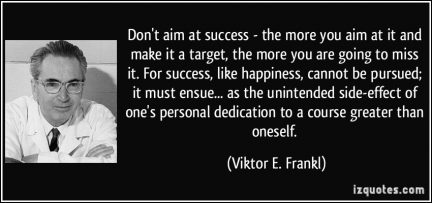
Rafael Palmeiro Should Read Viktor Frankl
I recently read this article about Rafael Palmeiro and it got me thinking about Viktor Frankl. Palmeiro was a major league baseball player. His career ended abruptly when he was suspended for taking performance-enhancing drugs. Frankl was a holocaust survivor who wrote Man’s Search for Meaning, a book the Library of Congress listed as “one of the 10 most influential books published in the United States.”
Mr Palmeiro had a hall of fame-worthy 19-year major league career. He is one of only five players to hit more than 500 home runs and rack up more than 3,000 hits. Despite his success on the field, he’s best known for lying as he wagged his index finger at a Congressional committee investigating the use of performance-enhancing drugs in baseball.
He tested positive for using a banned substance and was suspended just days after collecting his 3,000th hit. He left his team without so much as a good bye, went into a funk and has spent the last 11 years away from baseball in self-imposed exile. The article highlights the shame he feels and his inability to come to terms with the fact that he was banned because he cheated and lied, and that story has dwarfed the success he had on the field.
That’s what got me thinking about Viktor Frankl. Dr. Frankl believed that we spend our lives pursuing success when we should be seeking fulfillment. He noted that we find fulfillment when we have three things in our lives:
- Creative and meaningful work,
- Love and relationships,
- And, “When confronted with unchangeable fate, to alter our attitude toward that fate and turn suffering into triumph.”
Like Mr. Palmeiro, at some point in our lives most of us experience a painful, unchangeable fate. Bad stuff happens: We lose a job, a relationship goes off the rails, we suffer the loss of someone we love. Whatever the unchangeable fate, we won’t overcome the negative emotions we feel until we face it. That’s Mr. Palmeiro’s challenge: To face his unchangeable fate by admitting that he cheated and lied (something he never did in the article I read) and quite making preposterous excuses for his actions. Until he does, it’s unlikely that he’ll get over his feelings of anger and shame.

Why an article about a disgraced baseball player on a blog that is supposed to be about leadership? Because his story reinforces three things leaders need to understand:
- There is never a right time to do the wrong thing,
- The longer we put off dealing with an unchangeable fate, the more difficult it becomes to address.
- Our mothers were right when they told us not to lie (especially to teammates, ESPN or a Congressional committee).